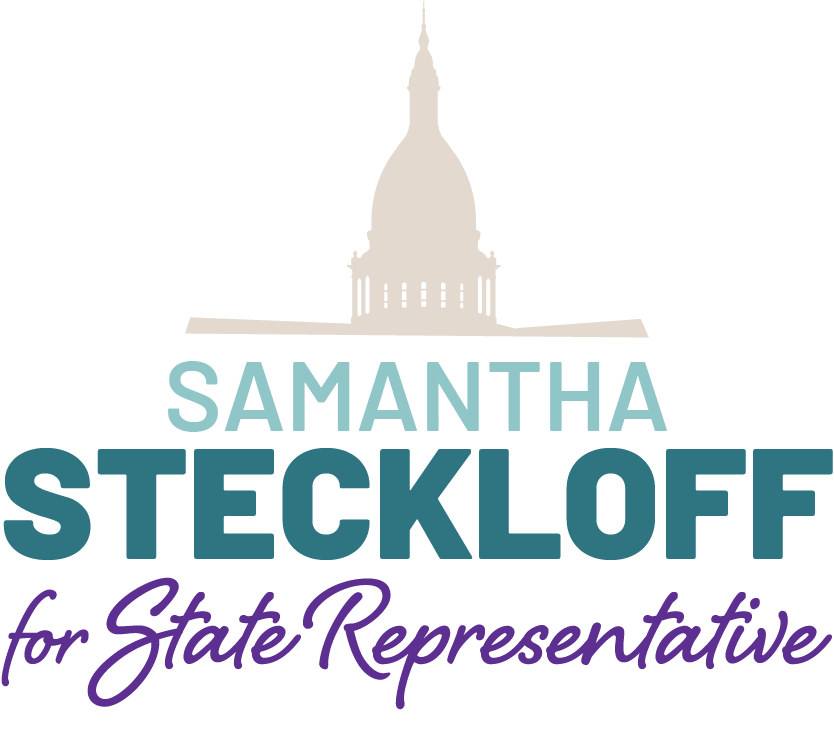Coronavirus: The Latest Case for Universal Healthcare
This pandemic is teaching us a lot about ourselves as Americans—the good, the bad, and the ugly. Most importantly, it’s showing us exactly how our policies and political leaders have left us vulnerable in the face of crisis. There’s the irony of so many of our “essential” workers being people who have had to fight tooth and nail just to receive a living wage or paid leave (both of which are still pipe dreams for many). Or the fact that our citizens and small businesses are struggling to access the funds they were promised in the $2 trillion stimulus package because our stripped-bare government has neither the staff or the resources to pay them quickly. But the most obvious, and urgent, issue is health care. From our current administration’s dismantling of the Affordable Care Act to its slashing of pandemic research funds, the disinvestment in our collective public health is finally coming to a head. Unfortunately, there’s no easy solution.
So where to start? There’s the woeful lack of preparedness that caused personal protective equipment (PPE) shortages for the people who need it most—the ones keeping us and our loved ones alive. Or the growing tally of uninsured Americans, 28+ million in the best of times, that’s now likely to increase during the worst pandemic in generations because people’s healthcare is still tied to their jobs (which they are losing in droves). And finally, there are the health disparities that have existed all along, but become even more dire in the face of this virus. Minorities, those living in poverty, and those without insurance have always faced higher rates of preventable illness and death, and are now dying disproportionately from Coronavirus. It’s a mess with no clear end in sight, but there’s one thing we must all take away from this moment: this is about more than just a particularly contagious virus. It reflects on our society as a whole, and we must demand policy change from those in charge.
The most obvious policy target is expanding access to care. We can no longer argue that offering a basic level of care to every American is somehow not in our citizens’ best interests. Would universal healthcare have prevented this pandemic? Probably not, as even European countries’ health systems have been overwhelmed. However, guaranteeing Americans access to care can lead to lower incidences of preventable, chronic conditions, just like the ones that are currently contributing to the Coronavirus death toll, such as diabetes and heart disease. Decreasing rates of disease saves lives in general, not just during a pandemic.
Increasing access to care would have other tangible benefits to our society as well. It would support the mental and physical health of those workers who, upon being laid off, have to worry about both earning an income and obtaining health insurance. It would take the burden of providing insurance off of small businesses, who create many of the jobs in our country and yet often operate on thin profit margins. And it would allow Americans to start businesses, switch careers, or make other lifestyle changes without worrying about where their health insurance is coming from.
Finally, it’s the right thing to do. For so long, we’ve ignored the suffering of the underinsured or lower-income Americans who experience bankruptcy, premature death, and other poor outcomes because they lack regular access to health care. Now that we’re watching similar suffering on a global scale, with even celebrities becoming infected, it’s harder for critics to look the other way or pretend that people get the illnesses they deserve. We all will need health care at some point in our lives, and as the only industrialized without some form of universal coverage, it’s about time we figure out how to take care of our citizens.
In the middle of this pandemic, we all just want things to go back to normal. We want to enjoy the company of our family and friends again, to not worry about catching (or spreading) a potentially fatal illness every time we leave our houses, and to return to the routines that make our lives feel full. However, we should also let this experience change us. Sometimes, the status quo sticks around because it benefits certain people, not because it’s the best arrangement for everyone. Coronavirus has brought us face to face with our policy failures, and now, it’s on us to fix them.
